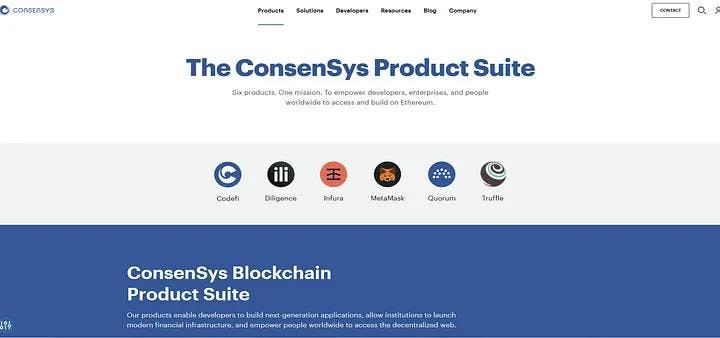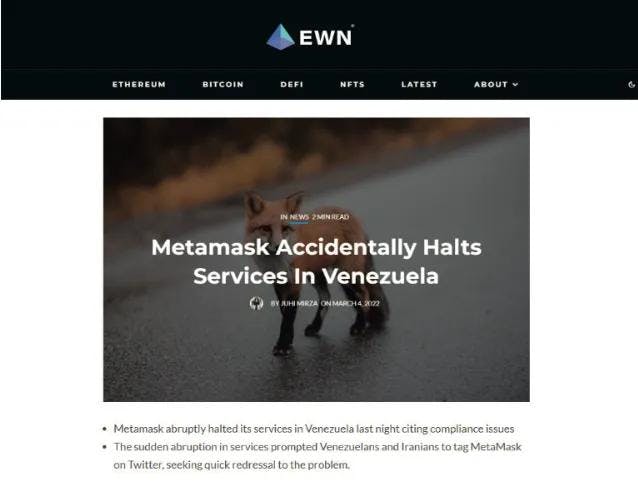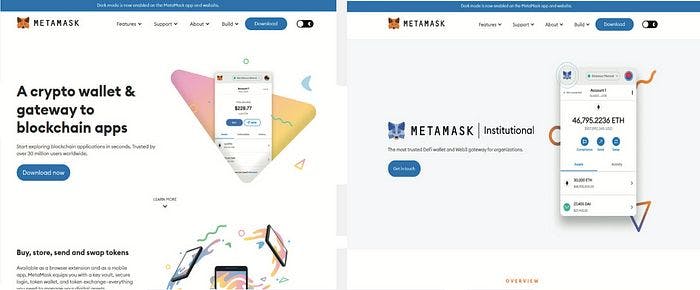WEB 3.0: THE RISE OF THE VENTURE CAPITALIST
We need a different approach to how we fund companies and start-ups, we need to level the field and take ownership of the tools we use.
Technology has always been the most desired stock of the wealthy. There is obvious reason for this as we move towards a more technology-based society. It is always a smart play to bet on technology, so generally it is one of the most attractive investments for any venture capitalist. For those of you that don’t know how a venture capitalist works, let me break it down for you:
First and foremost, they have either plenty of disposable cash or they have access to extensive lines of credit to make investments.
Secondly, they employ a sort of “fire and forget” system. They are aware that not all the bets will come off, so they hedge their bets. They deploy vast capital over multiple projects, knowing that if even one of the bets comes off it will cover the cost of all the bets, and they are well positioned in the winner.
Thirdly and most importantly is that 99.9% of the time they don’t care about a project, and they just have fiduciary responsibilities to their investors.
The biggest problem in the technology space is the sheer cost of development and security. This is certainly very prominent in the world of DeFi. Think about the cost of security audits or the cost of liquidity to launch projects, and the sheer cost of the infrastructure needed for the project. Then let’s think how something that is free and decentralized can make money. The only answer to this is either on fees or on being well positioned to take advantage of free and open markets with advanced knowledge of new projects coming to the space.
Let’s break down some recent examples of this:
So, we can agree that Ethereum is the biggest public smart contracts chain in crypto. What has only been made relatively public recently is how much of that infrastructure is owned by companies with venture capitalist interests. The biggest example of this in recent time is the fact that J.P. Morgan has a mass interest in Infura, which is brought to us by Consensys.

“ConsenSys, a key player in crypto and a major proponent of the Ethereum blockchain, has raised a $65 million funding round from J.P. Morgan, Mastercard and UBS AG, as well as major blockchain companies Protocol Labs, the Maker Foundation, Fenbushi, The LAO and Alameda Research. Additional investors include CMT Digital and the Greater Bay Area Homeland Development Fund. As well as fiat, several funds invested with Ethereum-based stablecoins, DAI and USDC, as consideration.
Metamask is the most used wallet in the DeFi space. This means that a VC funded product suite is heavily entwined with DeFi. This became apparent when Metamask accidentally closed access to citizens of Venezuela. Ethereum world news reports the following:

This is the first red flag for me. I certainly believe in sanctions and protections for money laundering and terrorist financing, but these checks should be performed on decentralized on and off ramps. How decentralized is a product that can be closed by its creators? That means that at any time, Metamask can cease providing you access to your own account. Now, you can import your account and Metamask is only an interface to your account on a public blockchain, but this gets really technical the deeper you go — and how many other interfaces to your wallet currently exist outside of VC funding? More to the point, if it came down to it, would you completely lose access to your wallets through VC funded endeavours?
This again comes down to the cost of development. These things are expensive to fund and develop, but I believe we can do it if we do it together. I am a proponent of “the best incentive is no incentive”. I believe the DeFi space could fund their own development and have their own voice inside the space.
We have become too accustomed to using products developed by companies and just trusting they have their users’ best interest at heart. The truth is, they rarely do. For example, Metamask have institutional wallets for large clients. These sorts of tools are aimed at large money interacting in DeFi. Of course, we do need this, as we need large capital and institutional access, but it makes you think how much of the DeFi space is crypto enthusiasts vs institutional market makers playing in deeply unregulated markets.
We can do better for ourselves if we come together in a place where we can hire and build our own safety and security, with our own best interests first and foremost as a community.
VC funding is normally always necessary to build these products, but the internet and crypto has given us a way to crowd fund our own development. Individually we are at the hands of the VC model, but together we can become a force of change in our own space.

Enjoyed this post? Check out these related articles:

DOLLAR DOMINANCE
An article on a rapidly changing world and where the Dollar sits in a digital age.
CommunityApr 11, 2023 / Simon Adams
Who are we and what we do
Get to know Radxu: a concise intro for the curious. Learn more about our mission, context and how you can join.
CommunityApr 13, 2023 / Simon Adams